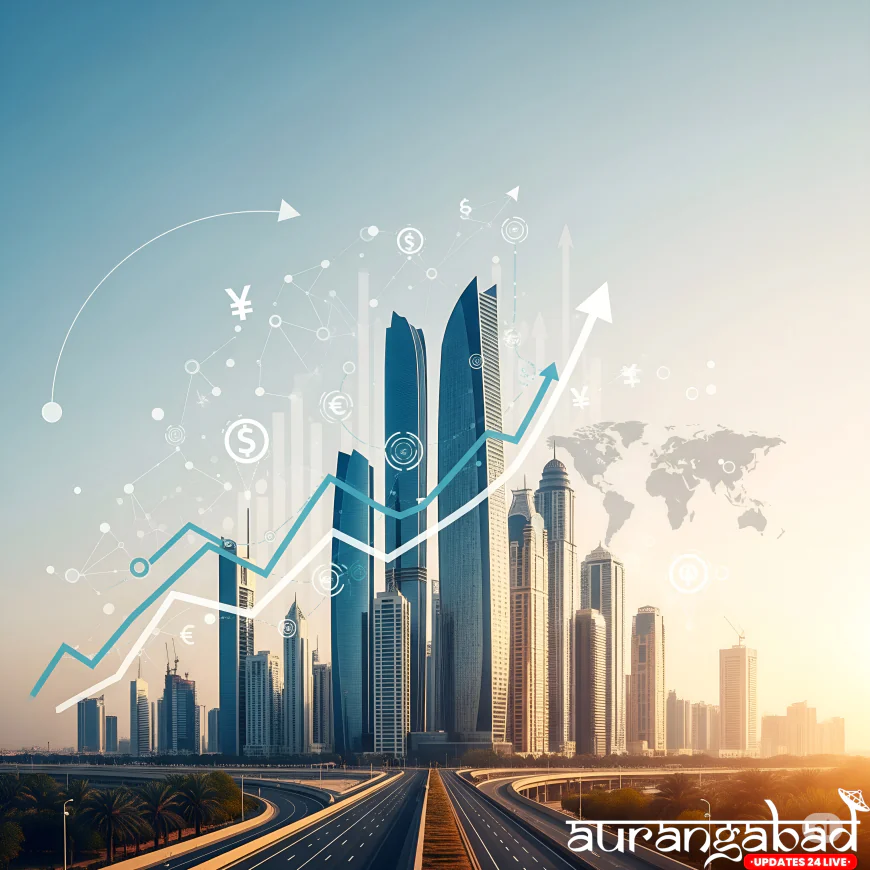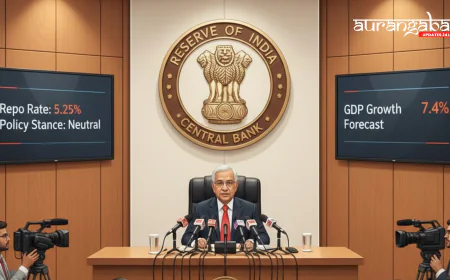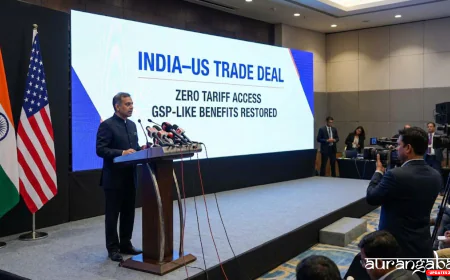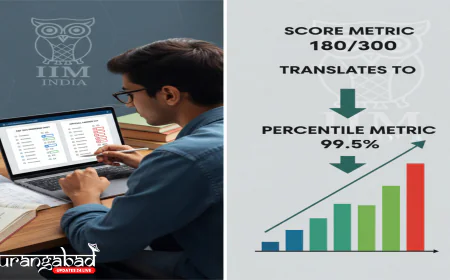Global Financial Magnetism: Abu Dhabi & Dubai Lead as World's Most Tax-Friendly Cities in 2025
Abu Dhabi and Dubai have secured the top two positions in Multipolitan's 2025 Tax Friendly Cities Index, highlighting the UAE's burgeoning role as a global wealth management hub. This article explores the factors contributing to their unparalleled tax appeal, the broader dominance of Gulf cities in the top 20, and what this means for high-net-worth individuals and businesses seeking stable, efficient financial environments.

The global financial landscape is undergoing a significant transformation, with the Gulf Cooperation Council (GCC) region increasingly emerging as a magnet for global wealth. At the forefront of this shift are the United Arab Emirates' vibrant metropolises, Abu Dhabi and Dubai, which have proudly claimed the top two spots in the prestigious 2025 Tax Friendly Cities Index by Multipolitan. This landmark recognition, detailed in Multipolitan's latest "Wealth Report 2025: The Taxed Generation," solidifies the UAE's reputation as a premier destination for individuals and businesses seeking stable, efficient, and advantageous tax environments.
The Methodology Behind the Ranking: Beyond Just Low Taxes
The Multipolitan Tax Friendly Cities Index, a pioneering initiative of its kind, delves deeper than merely assessing statutory tax rates. It employs a sophisticated multi-factor scoring system across 164 countries, evaluating cities based on a comprehensive set of criteria:
-
Tax Rates and Structures: This includes a meticulous examination of income tax, property-related taxes, and inheritance rules. The UAE's long-standing policy of minimal to zero personal income tax, coupled with its absence of inheritance tax, plays a pivotal role here.
-
Double Tax Treaty Coverage: A robust network of double tax treaties is crucial for preventing individuals and businesses from being taxed twice on the same income across different jurisdictions. The UAE has aggressively expanded its network of such treaties, offering significant advantages to international investors and mobile professionals.
-
Governance and Legal Strength: Beyond just numbers, the index scrutinizes the stability and predictability of a city's legal and governance framework. A strong, transparent, and reliable legal system instills confidence in investors and residents that their assets and investments are secure.
Gabrielle Reid, Head of Insights at Multipolitan, emphasized the driving force behind this analysis: "In a world where wealth mobility has become increasingly fluid, taxation remains one of the most powerful levers influencing where high-net-worth individuals (HNWIs) and ultra-high-net-worth individuals (UHNWIs) choose to live, invest, and preserve their wealth." She further clarified that the index focuses on predictable and efficient systems, moving beyond the traditional notion of "tax havens" to highlight jurisdictions that offer clarity and stability.
UAE Leads the Pack: Abu Dhabi's Edge and Dubai's Enduring Appeal
Abu Dhabi has secured the coveted first position, primarily attributed to its slightly lower property-related fees and an exceptionally robust legal system. These factors, combined with the emirate's strategic vision for economic diversification and growth, give it a distinctive edge. Abu Dhabi's commitment to building a secure and stable environment for long-term investments has clearly paid dividends.
Dubai, taking the second spot, continues to stand out for its unparalleled global connections, world-class business infrastructure, and extensive treaty network. Its enduring appeal to mobile professionals, entrepreneurs, and international investors is a testament to years of meticulous economic planning and unwavering policy stability. Dubai's dynamic business ecosystem, free zones, and a cosmopolitan lifestyle make it a compelling choice for global talent and capital. Both cities collectively embody the UAE's strategic ambition to transform itself into a leading global hub for wealth management, lifestyle, and innovation. Their combined offerings of legal clarity, state-of-the-art infrastructure, and significant tax advantages appeal not just to the ultra-rich but also to any global resident considering long-term financial planning and relocation.
Gulf Cities Dominate the Global Stage
The 2025 ranking clearly indicates a broader regional shift, with the Gulf showing an impressive collective presence. Seven GCC cities have made it into the global top 20, underscoring the region's burgeoning prominence as a low-tax, stable financial powerhouse. Alongside Abu Dhabi (#1) and Dubai (#2), other notable Gulf cities in the top ranks include:
-
Manama, Bahrain (#4)
-
Doha, Qatar (#5)
-
Kuwait City, Kuwait (#8)
-
Riyadh, Saudi Arabia (#12)
-
Muscat, Oman (#17)
This strong showing is not merely a reflection of low or zero income tax regimes. It signifies a concerted effort by governments across the region to fortify their legal systems, enhance financial regulations, and make substantial investments in modern infrastructure. These strategic developments are designed to create an increasingly attractive environment for global investors and families, fostering long-term confidence and stability. The narrative extending beyond just tax savings, emphasizing stability, robust legal structures, and future-oriented planning in a rapidly changing global economy.
Implications for Global Wealth Mobility
The dominance of UAE and other GCC cities in this index has profound implications for global wealth mobility. As traditional economic powerhouses grapple with increasing tax burdens, regulatory complexities, and economic uncertainties, regions offering predictability and fiscal efficiency become increasingly appealing. This shift is not exclusively for the ultra-wealthy. The insights from this index are equally relevant for high-net-worth individuals (HNWIs), ultra-high-net-worth individuals (UHNWIs), skilled professionals, and business owners who are looking for jurisdictions where they can protect, grow, and manage their assets in a stable and efficient manner.
The 2025 Tax Friendly Cities Index by Multipolitan provides a clear roadmap for where global capital and talent are likely to flow in the coming years. The rise of Abu Dhabi, Dubai, and the broader Gulf region as undisputed leaders in tax friendliness is a testament to their strategic vision, economic reforms, and unwavering commitment to creating an attractive environment for global wealth. This trend is set to redefine the global financial landscape, marking the Gulf as a critical player in the future of international finance and investment.












































